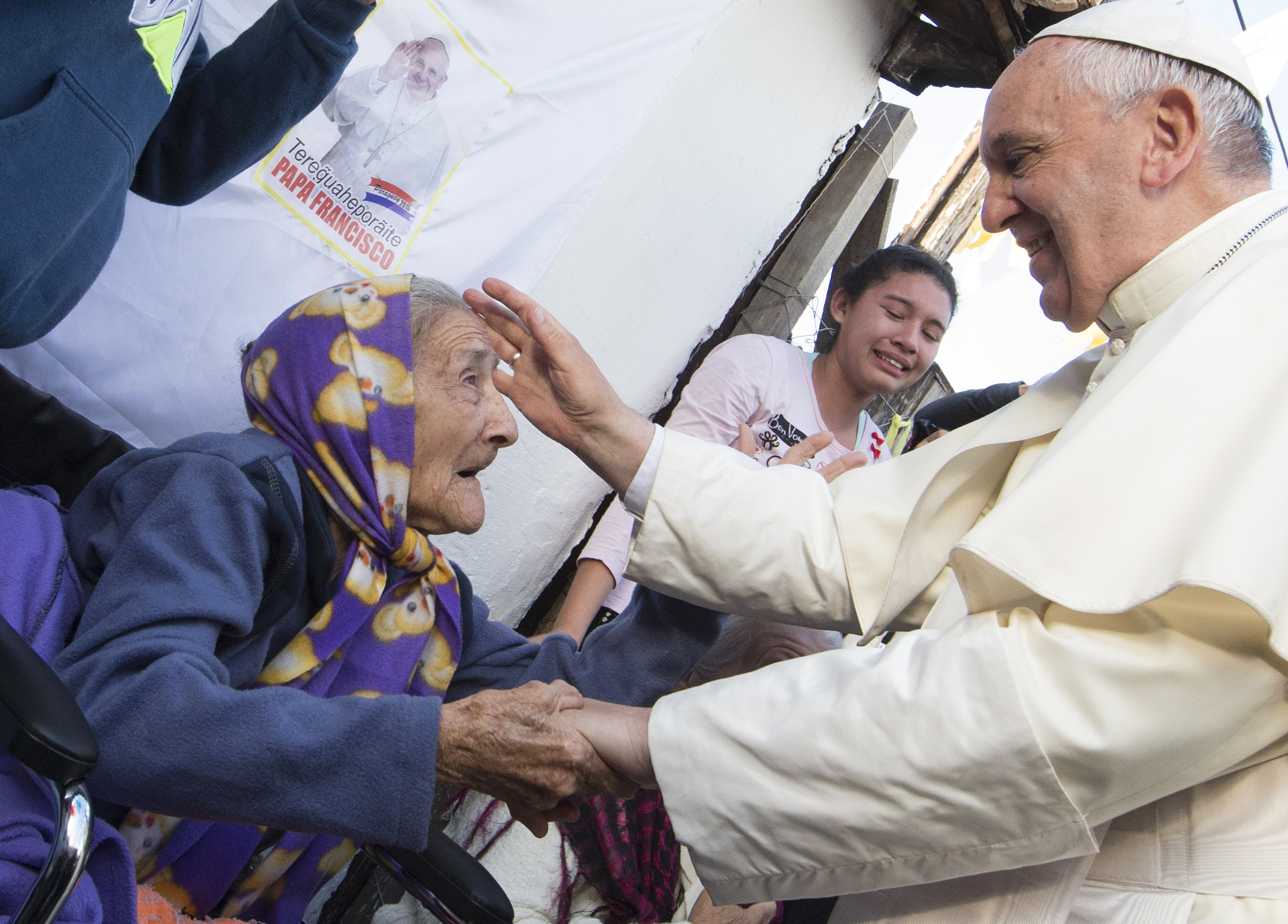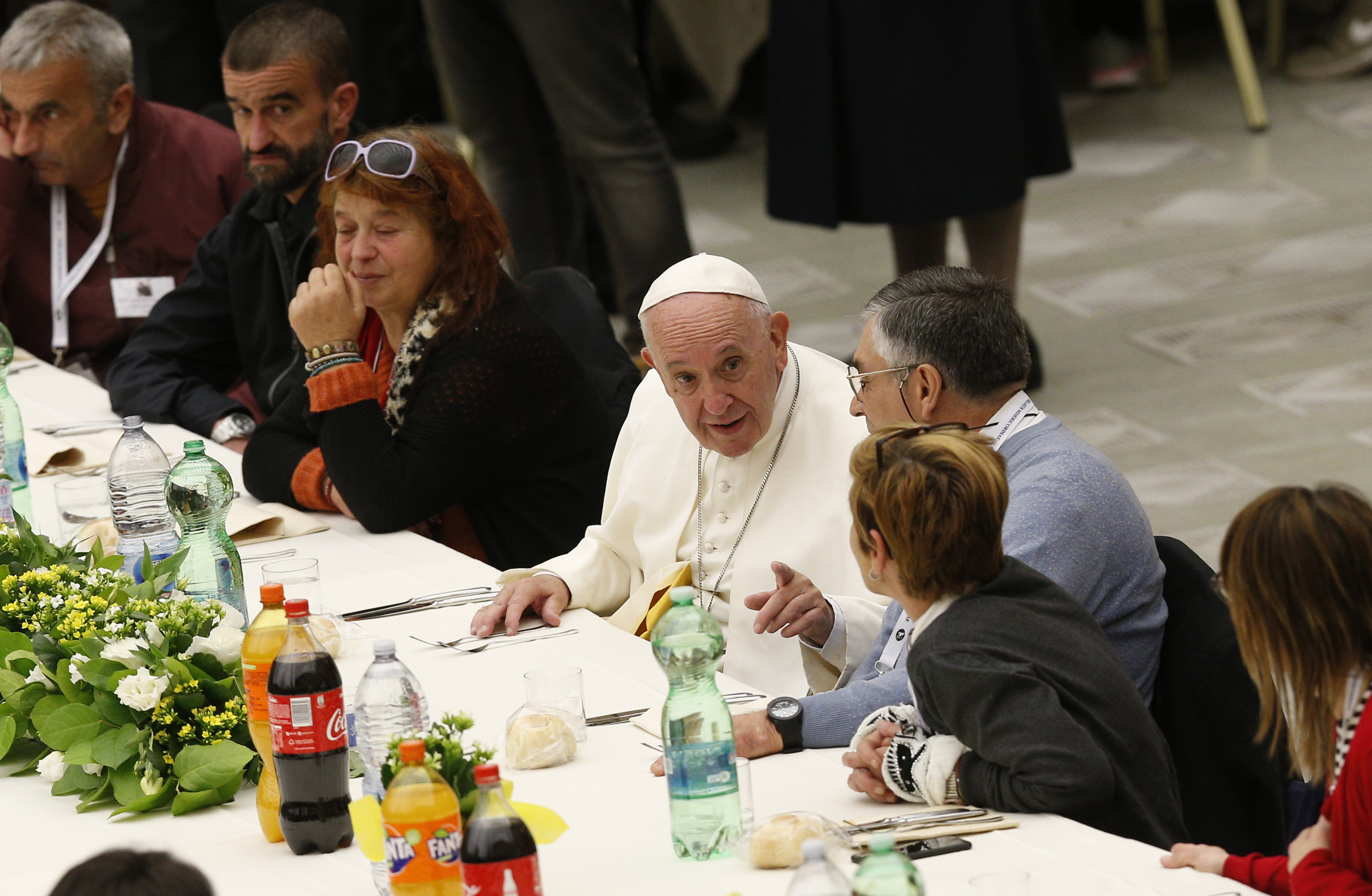Was Pope Francis a revolutionary leader, reshaping the Catholic Church with an unprecedented focus on the marginalized? His papacy, a testament to profound faith and unwavering compassion, redefined the role of the Church in the modern world.
The pontificate of Pope Francis has undeniably left an indelible mark on the global landscape. His unwavering dedication to the poor, the marginalized, and those in dire need of mercy has set a new precedent for the Catholic Church. His actions and words consistently underscored the Christian duty to care for all, especially the most vulnerable among us. This commitment wasn't merely rhetorical; it was embodied in his every action, making him a beacon of hope for millions across the globe.
| Category | Details |
|---|---|
| Full Name | Jorge Mario Bergoglio |
| Born | December 17, 1936, in Buenos Aires, Argentina |
| Died | April 21, at the age of 88 |
| Religious Order | Society of Jesus (Jesuits) |
| Elected Pope | March 13, 2013 |
| Papal Name | Francis |
| Predecessor | Benedict XVI |
| Key Focus Areas |
|
| Significant Documents |
|
| Notable Actions |
|
| Legacy | Seen as a transformative figure who challenged traditional norms and prioritized pastoral care and social justice. |
| Reference | Vatican Website |
Vatican City, November 17, 2024, marked the eighth annual World Day of the Poor, a significant event where Pope Francis, joined by thousands of pilgrims, renewed the Church's commitment to those most in need. This wasn't merely a symbolic gesture; it was a tangible demonstration of the Church's dedication, echoing the teachings of Christ to care for the least among us. The day served as a powerful reminder of the Church's core mission, and a call to action for individuals to serve others.
The impact of Pope Francis' apostolic exhortation, Evangelii Gaudium (The Joy of the Gospel), continues to resonate throughout the Church and the world. Addressed primarily to the Church, this document's profound message has captured the attention of individuals from all walks of life. The world is listening, and the message is clear: the Church must be a voice for the voiceless, a sanctuary for the marginalized, and a source of hope for the downtrodden.
The Holy Fathers papacy has been historic, marked by a profound emphasis on love, mercy, and justice. He embraced the marginalized in ways that no pope had done before, deepening the Catholic Church's commitment to the poor. His actions serve as a call to action, reminding us of our Christian duty to care for one another, especially the least among us. The blessing of 13 statues of keys, representing the 13 houses campaign of the Famvin Homeless Alliance, before the Sunday mass celebration in St. Peters Basilica, was a poignant display of solidarity. It symbolized the Church's dedication to care for the poor and marginalized.
The words of Pope Francis echo the fundamental tenets of the Christian faith. He consistently underscores the importance of serving the poor and marginalized. His actions reflect Christ's teachings, promoting a culture of mercy and emphasizing the inherent dignity of every human being. He frequently critiques economic inequality, the excesses of capitalism, and the globalization of indifference, which often leads to social injustice. The Church, he insists, must be a place of welcome and compassion, a beacon of hope for those who have been left behind.
- Movierulz Kannada Movies 2025 Latest Updates Reviews
- Ecryptobitcom Tokens Key Features Benefits For 2024 Beyond
In Vatican City (CNS), it was emphasized that keeping the Catholic faith and caring for the poor, sick, and afflicted are inseparable. Tending to the concrete and spiritual needs of the worlds marginalized is not just humanitarian work; it is a religious action. It is through serving the weakest and testifying to the Lords love that glory is given to God. In a special luncheon held in the Vatican audience hall on November 17, 2024, Pope Francis spoke with guests, emphasizing the vital role of the Church in caring for the less fortunate. The Church's commitment to the poor is not an optional extra; it is at the very heart of its mission.
Pope Francis' message is a powerful call to action, reminding us to recognize the image of Jesus in every person, and to offer them support and expressions of Christian charity. His message for the November 17 celebration of the World Day of the Poor reiterated this very point: We are called in every circumstance to be friends of the poor, following in the footsteps of Jesus, who always began by showing solidarity when dealing with the least among us. This message isn't confined to words; it is at the core of his ministry, reflected in his actions and his advocacy for the poor.
Pope Francis often leads by example, walking among the marginalized. His historic papacy will be remembered for his outreach to those on the margins of the church and of society. More than a decade later, Francis has become synonymous with humility, justice, and an unyielding commitment to the marginalized. From refugee camps to shantytowns, he has relentlessly pursued a vision of a church that is poor and for the poor. This dedication has reshaped perceptions of the Church and its role in the world.
The words of Pope Francis, spoken by Donnelly, underscore the Pope's dedication: The Holy Father was focused on taking care of the poorest of the poor, the marginalized. We worked together on those kinds of things, on programs to help those in need. Donnelly emphasized that the Popes work was an example to those around him of the love of Jesus Christ. The Pope consistently emphasizes the Churchs duty to serve the poor and marginalized, critiquing economic inequality, capitalism's excesses, and the "globalization of indifference" that fuels social injustice.
Pope Francis reminds the world to hear the voices of our brothers and sisters who are poor, sick, lost, marginalized, and disenfranchised. His words are not just pronouncements; they are an invitation to action, a call for each of us to reflect on how we can better serve those in need. And a living example of Christs love in action, Pope Francis led with humility and mercy. His actions and teachings provide an unparalleled framework for a compassionate church, a church that mirrors Christ's compassion.
The emphasis on the poor isn't merely a social issue; it's a matter of faith. We will not find the Lord unless we truly accept the marginalized! he proclaims. The Gospel of the marginalized is where our credibility is at stake. He often speaks of the need to "stretch forth your hand to the poor." These words, spoken in 2020, remain incredibly relevant today. They are a reminder of the timeless call to serve those most in need.
In his commitment to the marginalized, Pope Francis chose his name as a tribute to St. Francis of Assisi, known for his love of the poor and commitment to simplicity. He was also the first pope to choose Francis as his name. His papacy, therefore, reflects the core values embodied by St. Francis, the man behind the title. His journey to the papacy reflects a life dedicated to service, compassion, and social justice. Pope Francis, who died April 21 at age 88, will long be remembered for his outreach to those on the margins of the church and of society.
Pope Francis vision encompasses the marginalized, the downtrodden, and the forgotten. He has made it his mission to be a voice for those without one, ensuring that the Church acts as a place of refuge and support. The words spoken by Archbishop Timothy P. Broglio, president of the U.S. Conference of Catholic Bishops, following the Popes death, underscored the impact of his legacy and his continuous efforts for social change.
The message of Pope Francis is very clear: the Church must stand with the poor. This message is echoed in his many writings and speeches, from his message for the Fourth World Day of the Poor to his encyclicals. For him, the poor are not an afterthought, but a central figure in the gospel narrative. The Church must always be a friend to the poor, and by doing so, it will come closer to the heart of Christ.
Jorge Mario Bergoglio, born in Buenos Aires, Argentina, in 1936, became the 266th Pope in March 2013, taking the name Francis in honor of St. Francis of Assisi. He emphasized the need for the church to be more welcoming and compassionate. Pope Francis' words and actions have had a profound impact on the Church and the world, inspiring millions to follow his example and dedicate themselves to serving the less fortunate.
The Church, under his leadership, has sought to be a beacon of hope for those in need. Pope Francis, in his many messages and actions, has challenged the faithful to look beyond the confines of their own lives and see the face of Christ in the faces of the poor. This is not just a call to charity, but a call to solidarity, a recognition that we are all connected and that the well-being of each person is tied to the well-being of all.


